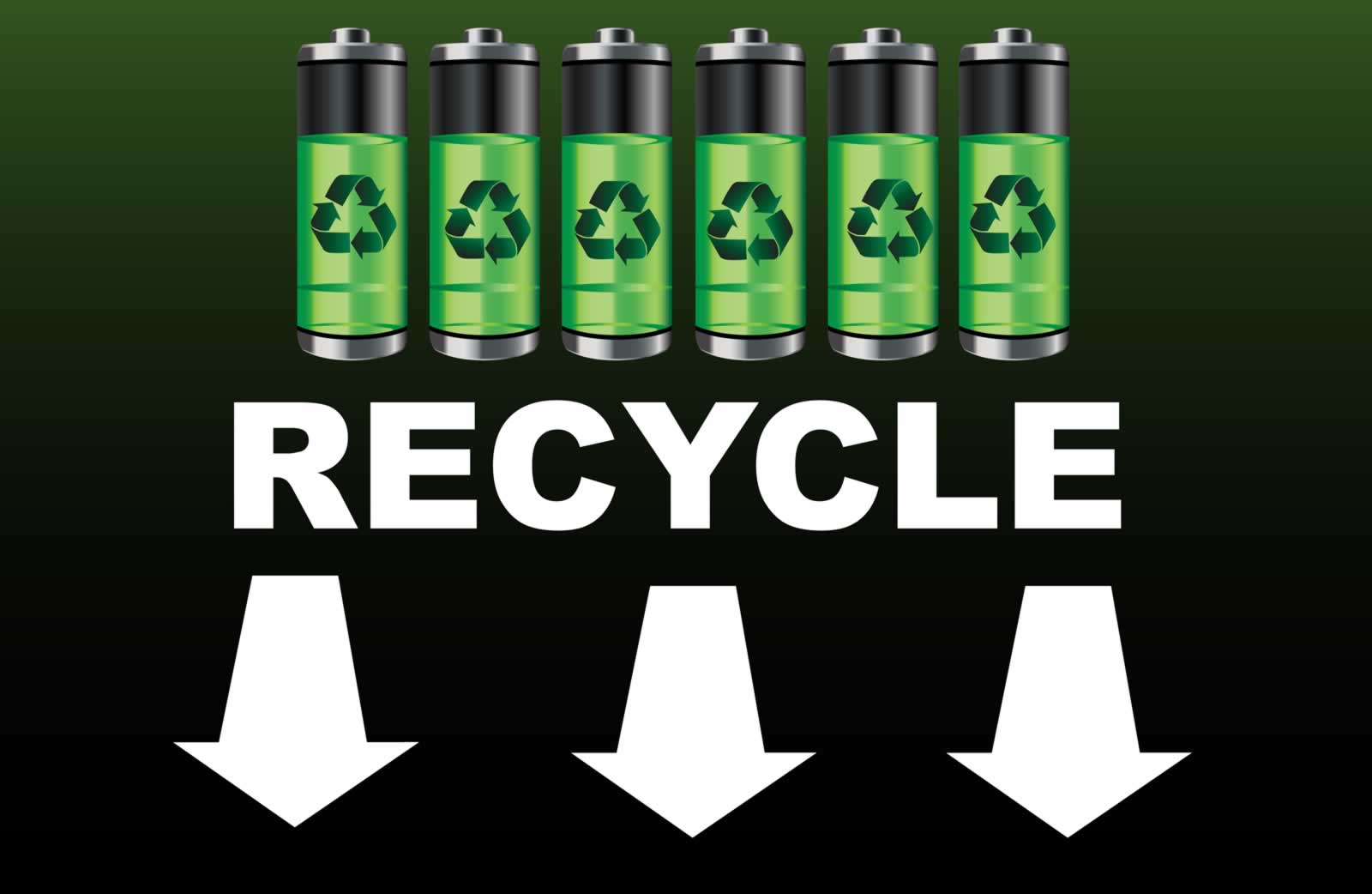Battery Recycling in Australia: The Importance, Process, and Future
by The Team at Cheap Cheap Rubbish Removal
Wednesday May 3rd 2023

Do you know what happens to the batteries in your devices when they die or become unusable?
Most of us toss them in the trash without a second thought. But did you know that batteries contain harmful chemicals and metals that can damage the environment if not disposed of properly?
Battery recycling is recovering and reusing the materials in batteries, reducing waste and environmental impact. Australia is one country that takes battery recycling seriously, and it has a comprehensive system for collecting, transporting, and processing batteries.
Why is Battery Recycling Critical
Australia has a high consumption of batteries, and without proper disposal, the toxic chemicals and heavy metals in batteries can pose a significant threat to the environment and human health. Here are some reasons why battery recycling is crucial in Australia:
- Environmental Protection: Batteries contain heavy metals such as lead, mercury, cadmium, and lithium, which are hazardous to the environment. When these metals are not recycled, they can leach into the soil and water, causing pollution and harm to living organisms.
- Resource Conservation: Recycling batteries helps recover valuable materials such as nickel, cobalt, and lithium, which can be used to make new batteries or other products. By reusing these materials, we reduce our reliance on mining for new resources, which can be costly and damaging to the environment.
- Energy Savings: Recycling batteries requires less energy than mining and refining new materials. By reducing the energy used in producing new batteries, we can save on energy costs and reduce greenhouse gas emissions.
How Does Battery Recycling Work in Australia?
Battery recycling in Australia is a well-organised process that involves multiple steps. Here's a brief overview of how it works:
- Collection: Batteries are collected from various sources, including households, businesses, and drop-off locations. Several programs exist to encourage battery recycling, such as the National Television and Computer Recycling Scheme and the Battery Stewardship Council.
- Sorting: Batteries are categorised based on their chemistry and size. This step is essential to ensure the batteries are processed correctly and the materials are recovered efficiently.
- Disassembly: The batteries are disassembled, and the components are separated. The casing, electrolyte, and other materials are disposed of safely, while the valuable metals and chemicals are recovered.
- Refining: The recovered materials are sent to a refining facility, where they are processed further to extract pure metals and chemicals. These materials can then be used to make new batteries or other products.
The Future of Battery Recycling in Australia
Battery recycling in Australia has come a long way in recent years, and many initiatives and programs are in place to promote battery recycling and recovery. However, much work must be done to ensure that all batteries are recycled and that the materials are recovered efficiently.
Here are some trends and developments in the future of battery recycling in Australia:
- Advanced Technologies: New technologies are being developed to make battery recycling more efficient and cost-effective. For example, hydro-metallurgy is a process that uses water-based solutions to extract metals from batteries, reducing the need for harsh chemicals and energy.
- Electric Vehicle Batteries: As the use of electric vehicles increases, the need for battery recycling will also grow. Australia is investing in infrastructure.
Battery Recycling Programs
Recycling batteries involves reclaiming the plastics and metals contained within them, intending to reuse these materials to create new batteries.
Envirostream has become the country's first processor of lithium, nickel metal, and alkaline batteries onshore, with a remarkable recovery rate of 95% for recycling purposes.
A growing number of councils offer designated drop-off sites for battery recycling and several private companies offer battery recycling services through retail stores
You can find electronic-waste recycling facilities in your area using these searchable databases:
- Ecobatt specialises in battery recycling (inc cars!). It has provided over 2000 bins nationwide to service its collection partners, with state-of-the-art bins, for batteries of all types and sizes. For details of your nearest bin location, mostly in supermarkets, please go to ecobatt drop-off-locations
- For a list of NSW supermarkets and other stores where you can drop off batteries, go to recycling near you batteries
Other battery recycling programs
MobileMuster accepts mobile phone batteries including at Officeworks and Woolworths. Find recycling options for mobile phones.
Computer batteries are accepted in some Officeworks stores. They can also be recycled through an accredited National Television and Computer Recycling Scheme recycler. Find recycling options for computers.
Car batteries can be recycled at many garages, transfer stations and waste management centres. Find recycling options for car batteries.









